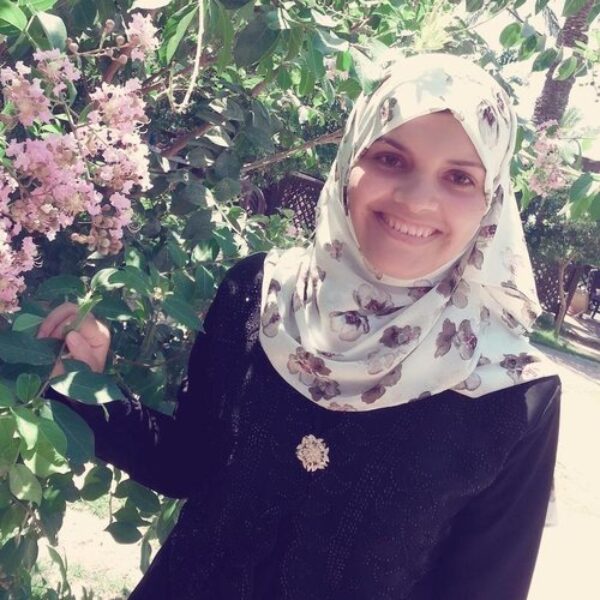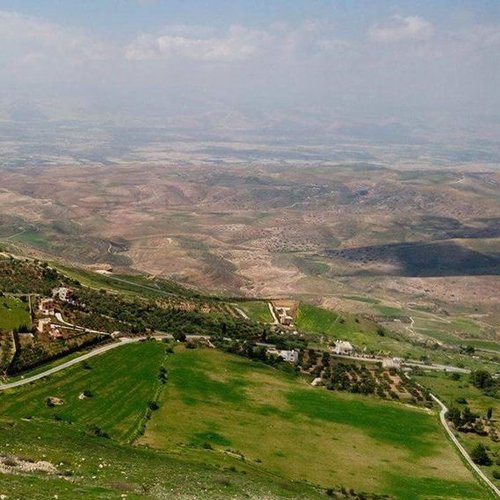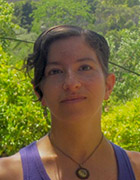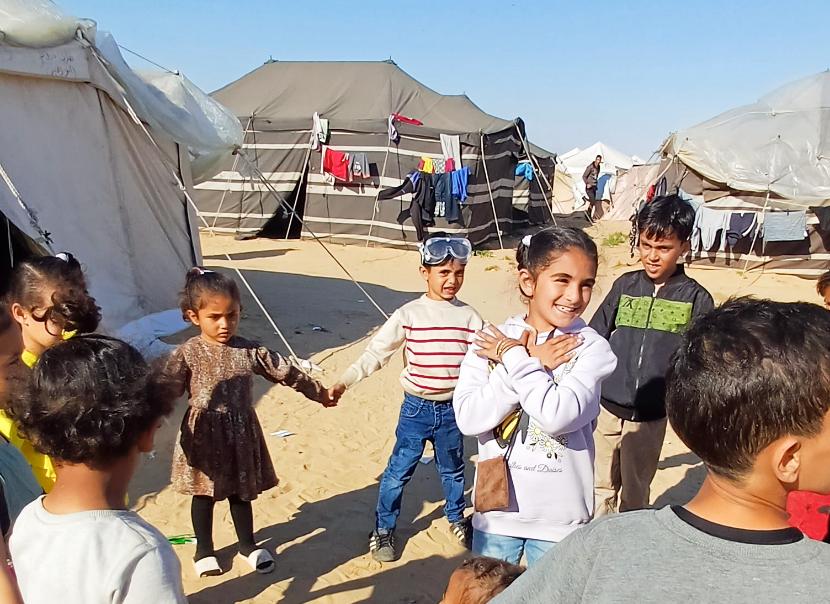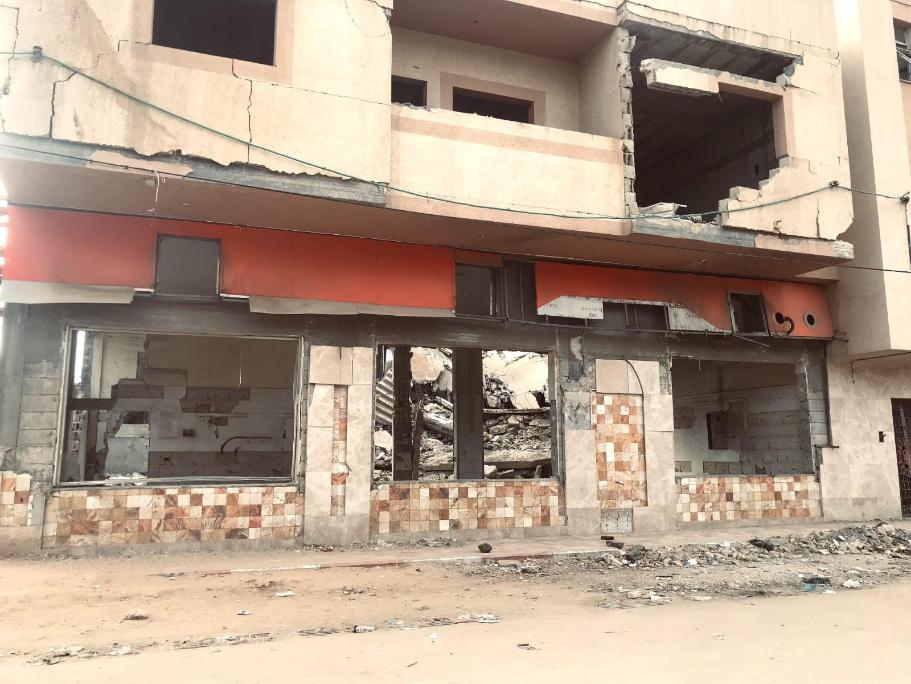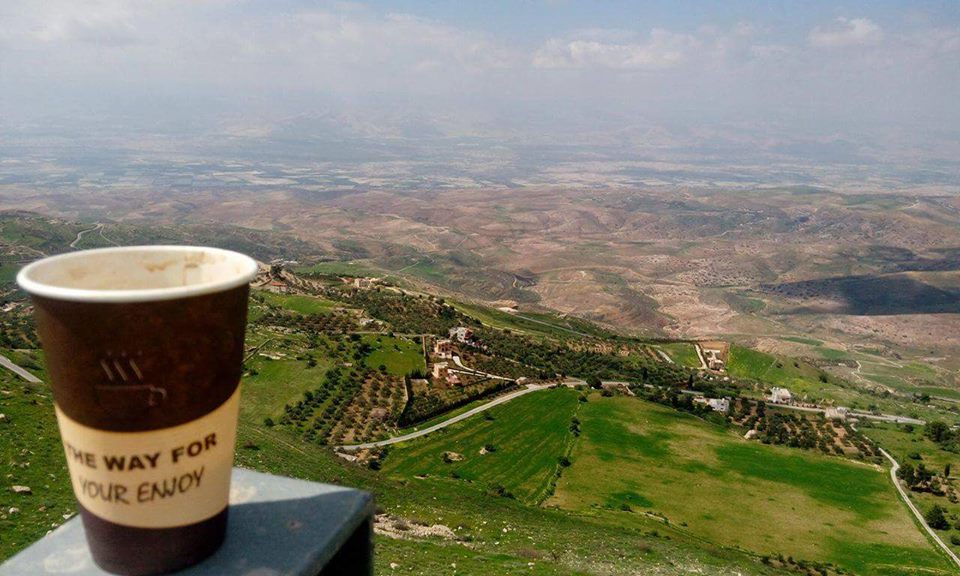
“Hold your country wherever you go.”—Mahmoud Darwish
Today marks the 69th anniversary of the Palestinian expulsion that took place in 1948. At that time, Zionists brutally sacked cities and villages in what had been Palestine and expelled many indigenous Arabs. More than 700,000 Palestinians were displaced, with many resettling in refugee camps in neighboring states. Around 400 Palestinian towns and villages were emptied and thousands of people were massacred. Some places were entirely destroyed and rendered uninhabitable; others were left with a few hundred residents and repopulated by residents of the new country of Israel.
The events of 1948 are commemorated by Palestinians both in Palestine and elsewhere on May 15, a date now known as the Nakba (the “catastrophe”) or Nakba Day. The Israeli government hopes Palestinian refugees will forget and disappear. David Ben Gurion, primary founder of the state of Israel and its first prime minister said, “We must do everything to ensure they [the Palestinians] never return.” However, displaced Palestinians believe the Zionists are occupiers and many believe the Israeli-Palestinian conflict will continue until the Israelis leave Palestine.
Another definition of ‘homeland’
If you look up the word “homeland” in a dictionary, it is defined as “the country you were born in” (Cambridge Dictionary). The same word has a totally different definition for Palestinian refugees: “It’s not about where you were born, where you live or where your family resides. The secret rather lies in the dust, the soil from which we were created, and from which the homeland was created. I passionately love a place where I have never been and where I have no relatives. It’s my homeland, Palestine,” says Amr Abu Aysheh, a 25-year-old Palestinian refugee whose grandparents were forced to leave their home in Hebron in 1948. Today, Amr lives in Amman, Jordan—a country in which 60 percent of its inhabitants are displaced Palestinians or descended from them.
Another displaced Palestinian is Ghada Karmi, who grew up in Great Britain and now is a prominent physician, author, academic and international commentator on the Israeli-Palestinian conflict. She wrote the book, “Married to Another Man,” a title derived from a report by a Jewish fact-finding mission to Palestine to explore the land as a possible new home. The report concluded, “The bride is beautiful, but she is married to another man.”
It doesn’t pay off
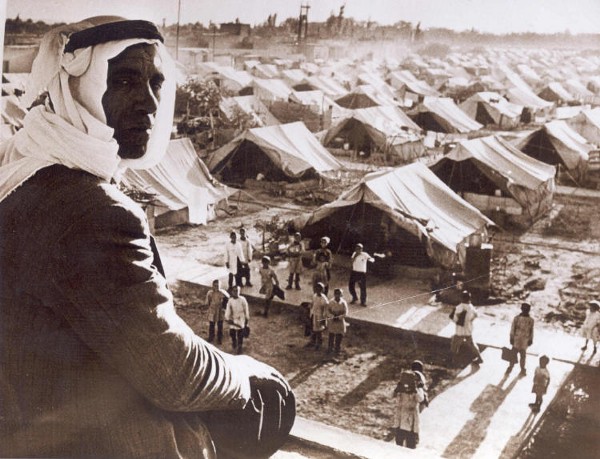
The Israeli government mistakenly believes that living at a distance from their historical homeland will cause Palestinians, over time, to stop clinging to their right to return. However, reality proves this wrong.
“Bahar” (an Arabic word that means “sea”) is a Facebook page I found by chance, and where I got to know Amr. I delved deeper into his posts to find he writes a lot about Palestine, his homeland that he has never seen, and many other related issues. Later, I contacted Amr through Facebook to express my admiration for his writings. This was the door through which I stepped to encourage him to open up and talk about his origins and being a Palestinian refugee.
At the age of 20, Amr started contributing to Bahar, to educate as many people as possible on the Palestinian reality. Among his topics are the right of return, the significance of Jerusalem (the capital of Palestine), national anniversaries and public figures who sacrificed their lives for the sake of their homeland.
Reading his posts, a natural question comes to mind: “Why has Amr never been to Palestine when Palestinian refugees who live in Jordan have a Jordanian passport and can travel?” The answer is that he cannot due to the painful fact that any person who wants to travel to the Palestinian territories must submit his or her documents to the Israeli embassy in Jordan to obtain permission, even when it is one’s homeland. Amr explained, “I myself consider [this requirement] a sort of normalization with Israel, since it is our land, not theirs. Hence, I prefer not to go instead of asking for Israeli permission.”
My family, too, was displaced from our original village, Barbara, which was a Palestinian Arab village in the Gaza subdistrict, located 17 km northeast of Gaza City. I have never been to the rest of my homeland’s cities or villages because the Israeli government does not allow any Gazan to enter occupied Palestinian territory, except for those few granted special permission (for example, due to their advanced age or the need for medical treatment).
The role of storytelling
Golda Meir, the fourth prime minister of Israel, said of Palestinians, “The old will die and the young will forget.” Yet in sharp contrast to what she claimed, Palestinians — no matter how old they are—never miss an opportunity to talk about Palestine. Elderly Palestinians in particular are the storytellers, preventing the Israelis from writing history the way they desire. Mentioning his grandfather who is still alive and was 10 years old when the Nakba occurred, Amr said, “As long as he is able to recall everything, my grandfather is the one who tells us about the past, about Jerusalem and about how fascinating Palestine is. We once watched a TV channel showing Palestinian cities and my grandfather immediately said to me, ‘How profoundly relieved one feels when he sees his own homeland.’ He still yearns to return and has passed that dream on to us, the next generation.”
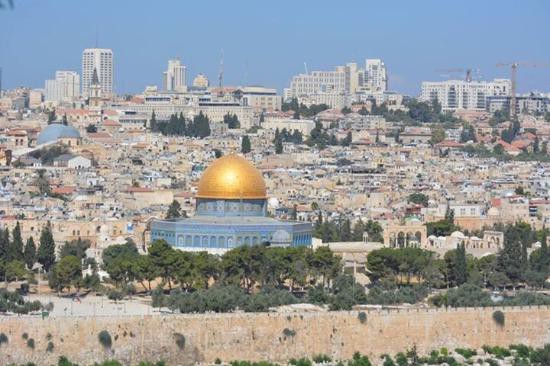
Thus, it is not only old Palestinians, but the young as well, who speak of our ancestral lands: “If you ask any child here about his origin, he directly answers, ‘I’m from Jaffa’, or ‘I’m from Nablus’ and so on,” Amr assured me.
Palestinians make a point of educating their children about their homeland. The Zionist hope that young Palestinans will forget is absolutely out of the question. Oral histories and the tradition of storytelling are effective weapons.
A childhood in the diaspora
I asked Amr how his childhood as a Palestinian in the diaspora contributed to shaping his personality. He replied, “Growing up in a family that has absorbed the love of Palestine has always helped me be proud of being Palestinian and has influenced my life in both big and small ways. I remember when I was young and my dad would go with me to buy cassettes to listen to Abu Arab songs.” (Abu Arab was known as the “poet of the Palestinian revolution,” composing his work from exile for nearly 63 years.)
School usually has a significant role in teaching children, but the situation was different for Amr: “The Jordanian school curriculum lacks information about Palestine, so I decided to read about it on my own and to seek regular updates from the news to keep an eye on what happens. We have to struggle to maintain our identity; therefore, I often visited exhibitions and bought books about Palestinian literature. Also, I joined summer clubs with activities revolving around Palestine and resistance”.
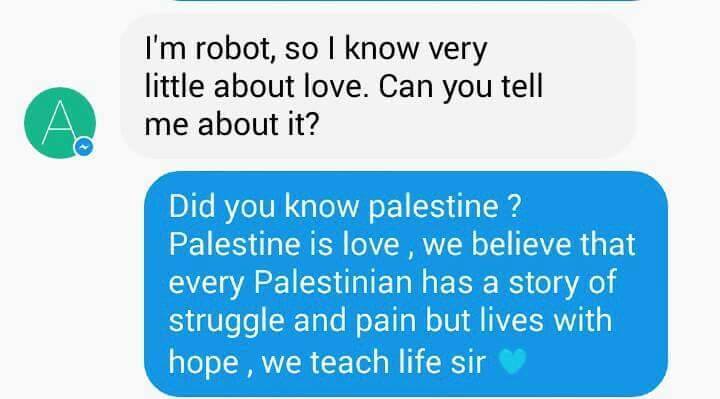
Amr showed such an interest in the Palestinian cause that two of his friends at his Jordanian prep school nicknamed him “Katheyya” (a word spoken in the Palestinian dialect referring to the cause).
No alternative homeland
Some people probably think that when Palestinians are able to settle in another country where they are offered human rights and a stable life, they will be satisfied and quit fighting to return to their original territories. That is why Amr wrote, “Refugees are born with Palestine as an integral part of their DNA and they recognize the danger of the alternative homeland. The dream of Palestine gives us a feeling of serenity and camps are just a symbol for the right to return. Palestine exists from the river to the sea and everywhere else is a camp for a refugee even if he lives in a palace. Nothing is better than our homeland.”
There are many others besides Palestinians who believe in the justice of our cause, of course. He tells the story of meeting an Englishwoman wearing the Palestinian kufiyah in an Amman café one day. “When I told her the kufiyah was nice, she replied with a smile, ‘I love Palestine.’”
He adds, “The more subjugated Palestinians become, the more determined they get. I believe each alive and educated Palestinian is a catastrophe for Israel. I hope all of us become educated and ‘alive’ about the Palestinian issue, and cling to our rights and to the hope that our homeland will be returned. It is impossible to lose a country whose people firmly resist it.”
Talking to Amr was eye-opening for me — to hear, firsthand, that even in the diaspora, Palestinians hold tightly to their identity. Sixty-nine years is a long time, but Palestinians everywhere are not giving up the dream of returning to our homeland. The bride, Palestine, will never leave her spouse, the Palestinian people. The Zionist dream of an Israel/Palestine without Palestinians will fade away before our memories of our homeland ever will.

